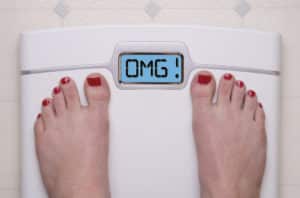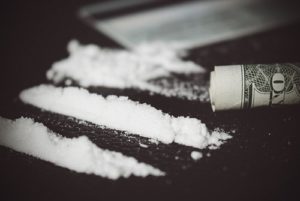 The Council on Recovery is proud to participate in National Prevention Week, May 14th-20th, an annual health observance dedicated to increasing the prevention of substance use and promotion of mental health. Sponsored by the Substance Abuse and Mental Health Services Administration (SAMHSA), National Prevention Week brings individuals, organizations, coalitions, states, and communities together to raise awareness about the importance of preventing substance abuse and mental disorders.
The Council on Recovery is proud to participate in National Prevention Week, May 14th-20th, an annual health observance dedicated to increasing the prevention of substance use and promotion of mental health. Sponsored by the Substance Abuse and Mental Health Services Administration (SAMHSA), National Prevention Week brings individuals, organizations, coalitions, states, and communities together to raise awareness about the importance of preventing substance abuse and mental disorders.
During this year’s National Prevention Week, The Council on Recovery is highlighting its prevention and education programs, including those at work in many elementary, middle, and high schools in the Greater Houston area. The Council’s educational programs include the Life Skills Training for students in grades 3 through 5; Curriculum-Based Support Group (CBSG®) Program and All Stars Program for students in grades 6 Through 8; and the Reconnecting Youth Program for students in Grades 9 Through 12.
In addition, The Council’s Center for Recovering Families operates the CHOICES program in eight area middle and high schools. CHOICES is a unique prevention and counseling program based on successful prevention techniques typically missing in other school programs: A focus on multiple high-risk behaviors, and programming tailored to fit a specific school culture. The success of the CHOICES program was documented a research article recently published in the Journal of Addiction and, in April 2017, the program was awarded a $1.15 Million grant from the Hildebrand Foundation to expand the program into an additional twelve schools.
The Council on Recovery’s prevention programs are well-known throughout our region. As the leading resource for prevention, education, treatment, and recovery services, we are often the starting point for people seeking help.

 Excessive alcohol intake is the third leading cause of premature death across the United States, trailing closely behind smoking and obesity. Recreational alcohol consumption is widely and globally acceptable, although rising concerns involving social and health problems are often a result of this phenomenon. One alarming issue, however, that is not talked about often enough, is; the link between heavy drinking and weight gain.
Excessive alcohol intake is the third leading cause of premature death across the United States, trailing closely behind smoking and obesity. Recreational alcohol consumption is widely and globally acceptable, although rising concerns involving social and health problems are often a result of this phenomenon. One alarming issue, however, that is not talked about often enough, is; the link between heavy drinking and weight gain. Although the opioid epidemic has recently taken the spotlight and overshadowed the devastating impact of other substances, the use of cocaine has remained steady since 2009. Cocaine is a potent stimulant drug. It comes in a powder form and also a solid rock form typically known as ‘crack’. If you feel someone you know and love may have a problem with cocaine, there are many clear warning signals to look for.
Although the opioid epidemic has recently taken the spotlight and overshadowed the devastating impact of other substances, the use of cocaine has remained steady since 2009. Cocaine is a potent stimulant drug. It comes in a powder form and also a solid rock form typically known as ‘crack’. If you feel someone you know and love may have a problem with cocaine, there are many clear warning signals to look for.